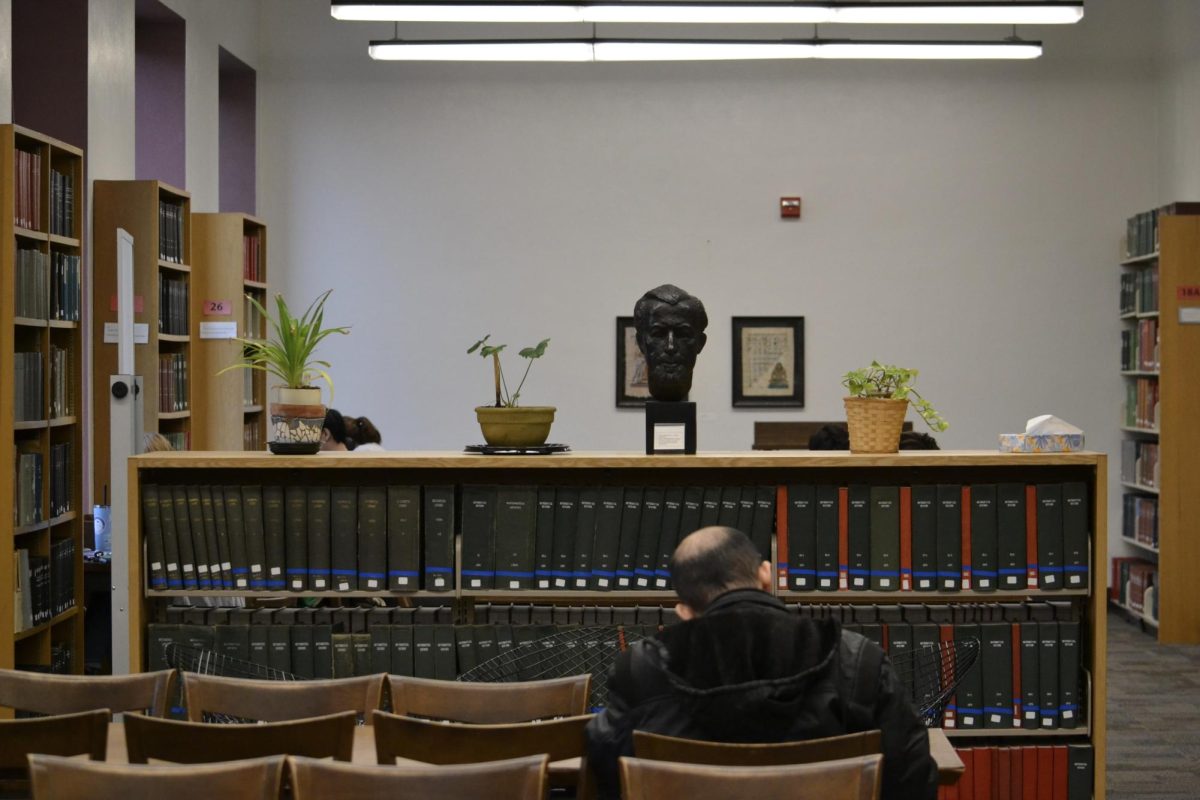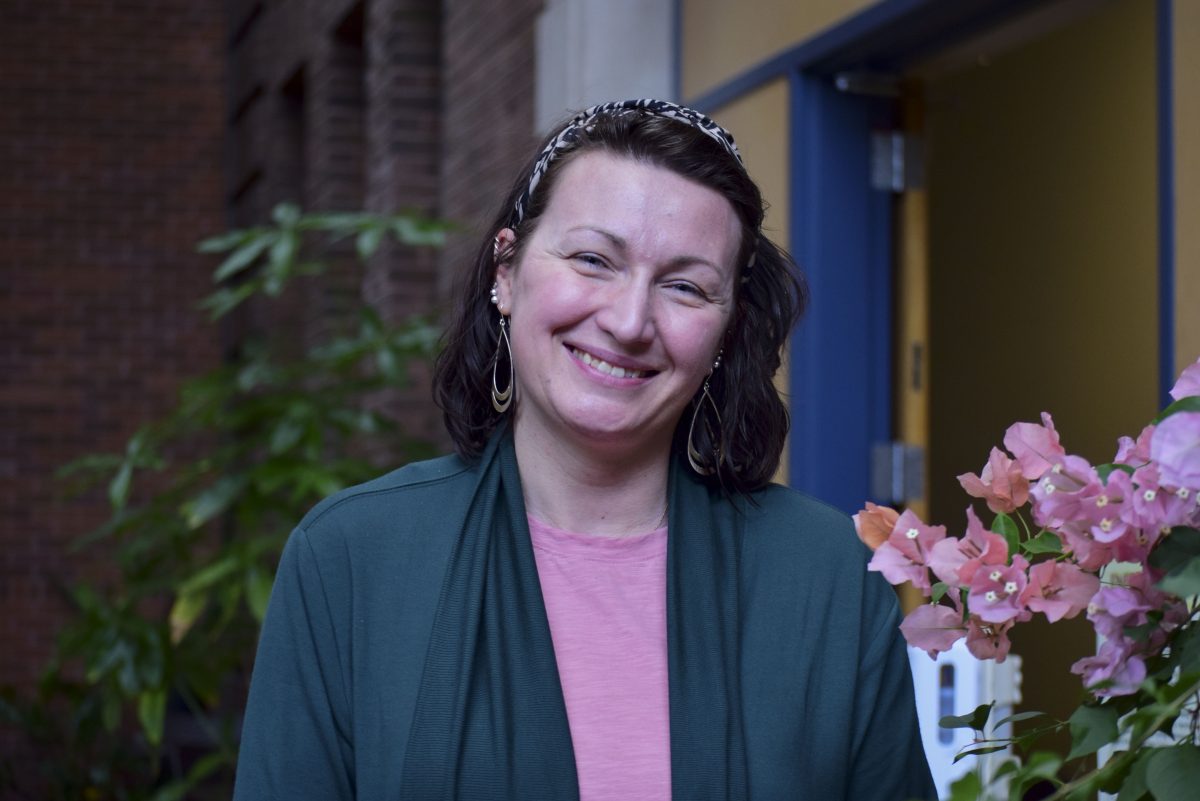As the University works to increase its standing as a research institution, attracting international students is a key component, University officials say.
The University ranks 22nd in the country for total international students enrolled, according to the Open Doors 2007 report, released Nov. 12 by the Institute of International Education.
Seven percent of the University’s total enrollment is international students, according to the report.
Kay Thomas, director of International Student & Scholar Services, said the University is actively recruiting international students to increase its Big Ten standing. Currently, the University ranks sixth in the conference.
“If you’re going to be one of the top three public institutions in the world, it needs to be a global university,” Thomas said. “It’s consistent with wanting to be a world-class institution.”
Sam Myers, director of the Roy Wilkins Center for Human Relations and Social Justice, said there are two reasons why the United States welcomes foreign students: They are sources of research and revenue.
According to the International Student & Scholar Services’ 2006 annual statistical report, 43 percent of international scholars at the University conduct research.
International students also serve as “pure and simple a source of tuition” Myers said.
Vidhya Venugopal, chemical engineering junior and Minnesota International Student Association member, said there might be international students who want to study at the University but cannot afford it.
“The only way the University will get more international students is if they lower tuition,” Venugopal said.
Chemical engineering junior Unmil Patel said between tuition and living expenses, he spends about $35,000 per year.
A complicated process
The majority of international students at the University have F-1 visas, which are nonimmigrant visas for persons pursuing full-time studies at an academic institution. They last until the student completes their course of studies, Myers said.
Although the number of international students admitted to the United States has risen since Sept. 11, regulations put in place by the Department of State in 2003 make it more difficult for some to obtain a student visa.
As of August 2003, students must appear in person at the U.S. Consulate in their country to apply for student visas.
Such a process is burdensome, especially if the student lives a great distance from the consulate, Meredith McQuaid, dean of the Office of International Programs, said.
“It takes a long time to get there and then you wait, and then you have literally a 15 minute interview,” McQuaid said.
Upon arrival in the United States there are certain rules international students must follow to maintain their F-1 visa status. For example, F-1 visa holders can only work on campus and cannot work off campus unless they receive authorization, McQuaid said.
While she does not mind the working part, Venugopal said paying for college is hard because there are few scholarships for international students. Most require students to be a citizen or have a green card, Venugopal said.
After a student’s F-1 visa status expires, they either have to leave the country or apply for an H-1B visa, McQuaid said.
H-1B visas are issued to temporary skilled workers for a maximum of six years. However, there is a cap of 65,000 H-1B visas issued for the entire country every year, Myers said.
Every year the National Visa Center conducts a lottery and randomly chooses who receives H-1B visas that year. Information technology companies are among the heaviest users of H-1B visas, Myers said.
While 37 percent of international students are enrolled in the Institute of Technology, Myers said international students are in a tough spot.
“Why would you just be giving visas away on a lottery basis when there are more legitimate purposes to be served?” Myers said. “It’s hard to get jobs when the employer doesn’t know whether you’re going to be a successful H-1B lottery winner.”










